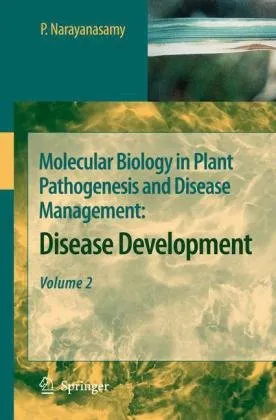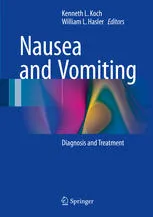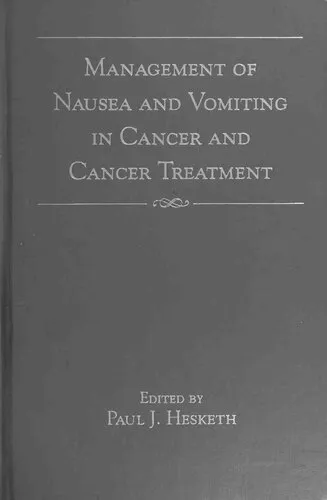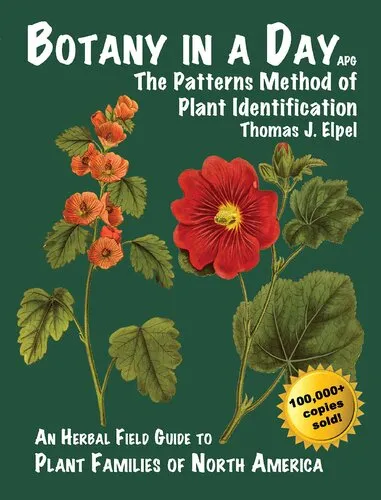Molecular biology in plant pathogenesis and disease management
4.6
Reviews from our users

You Can Ask your questions from this book's AI after Login
Each download or ask from book AI costs 2 points. To earn more free points, please visit the Points Guide Page and complete some valuable actions.Related Refrences:
Studies on the phenomenon of plant pathogenesis (disease development) have been useful to have a deep insight into the interactions between host plant and the pathogen. Depending on the levels of susceptibility (compatibility) or resistance (incompatibility) of the host plant and virulence of the pathogen, disease development may progress, either leading to symptom expression or result in the suppression of pathogen proliferation. Molecular techniques have been applied to elucidate the nature of interactions between the gene products of the plant and pathogen at cellular and molecular levels. Successful evasion of host s surveillance system and subsequent activities of metabolites of the pathogen (enzymes and toxins) encoded by pathogen genes counteracting the effects of various defense-related antimicrobial compounds present already or produced by the host plants, after initiation of infection have been critically studied by applying various molecular techniques. In addition to studying various phases of disease development in individual plants, molecular methods have been demonstrated to be effective, in gathering data on various aspects of epidemiology under natural conditions where the interaction of pathogen with populations of plants is influenced significantly by the environmental conditions existing in different ecosystems. This volume focuses on the possibility of applying the knowledge on pathogenesis and molecular epidemiology to determine the vulnerable stages in the life cycles of the pathogens that can be disrupted to achieve more effective disease control.
Free Direct Download
You Can Download this book after Login
Accessing books through legal platforms and public libraries not only supports the rights of authors and publishers but also contributes to the sustainability of reading culture. Before downloading, please take a moment to consider these options.
Find this book on other platforms:
WorldCat helps you find books in libraries worldwide.
See ratings, reviews, and discussions on Goodreads.
Find and buy rare or used books on AbeBooks.
1367
بازدید4.6
امتیاز0
نظر98%
رضایتReviews:
4.6
Based on 0 users review
Questions & Answers
Ask questions about this book or help others by answering
Please login to ask a question
No questions yet. Be the first to ask!














